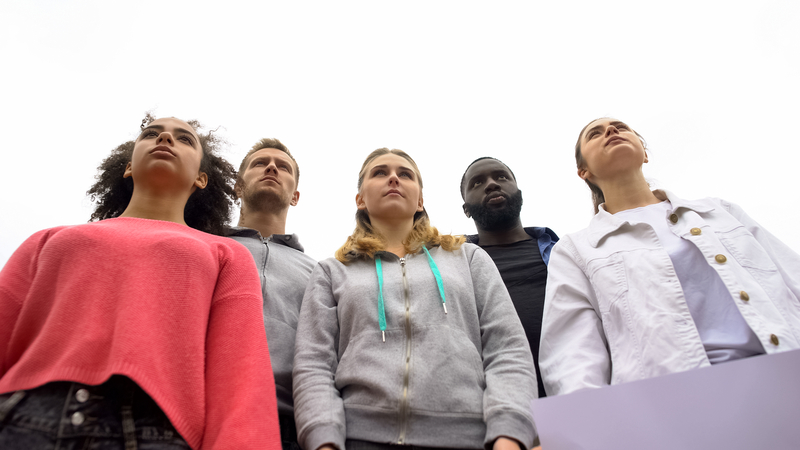 Subscribers Only
People
Subscribers Only
People 
Differing views about increasing community cohesion miss the importance of human rights, living safely and language skills, says Heddwen Daniel, project officer at the Bevan Foundation.
Two major reports were launched this week, calling for the building of stronger and more resilient communities post-Covid. They emphasise the need for greater investment in social and civic infrastructure, as well economic growth and jobs.
Both reports highlight a much-strengthened voluntary sector in Britain, largely driven by the ‘community spirit’ generated by the successive Covid-19 lockdowns.
Both also acknowledge that, while this surge in community action is an important part of strengthening community cohesion and resilience, it has not been experienced across all localities. In particular, areas with weaker social infrastructure have, predictably, had lower levels of social capital to harness to build momentum for civic action.
From here the reports diverge.
The All Party Parliamentary Group on Social Integration (APPG) report calls for businesses and government (local and national) to prioritise strengthening volunteering opportunities in order to build stronger, more cohesive communities. Out of twenty recommendations for ‘building stronger communities’, nine exclusively concern creating more opportunities for volunteering.
By contrast, HOPE not hate’s report warns that policy decisions such as cuts to universal credit and public services are likely to inflame pre-existing community tensions, thereby weakening community resilience. Underpinning this projection is the observation that when people have little hope for their own life chances compassion for others and cohesion is more difficult to achieve. The report draws on previous research which indicates that communities with the greatest anxiety about immigration and multiculturalism tend to be those which have already experienced economic decline, weakened civic and social infrastructure, and felt further distancing from power.
The need to invest in strengthening social bonds and infrastructure in communities is not in dispute. Rather, the question concerns how this is to be achieved.
The APPG’s emphasis on broadening the scope and type (and ease of access) of volunteering opportunities is welcome, especially considering that volunteer roles have traditionally been filled by a limited demographic. Their recommendations around creating more shared spaces and employer-based ESOL are also welcome; research shows that these all play a part in promoting cohesion / enabling a sense of ‘belonging’.
Volunteering is only one part of the solution.
It may not suit everybody, particularly those facing extreme economic hardship and long working hours. Indeed, the APPG’s report itself acknowledges that people who volunteered during the crisis will likely have difficulty finding time to do so once their lives return to normal.
The barriers to the fundamental enablers of integration and cohesion – rights and citizenship, safety and security, and access to language and cultural knowledge – warrant a central focus here. Investment in strengthening communities must also consider the structural barriers to integration brought about by the UK’s current immigration policy (for example, through ‘destitution by design’ – the prohibition of access to mainstream welfare safety nets).
The third sector, and in particular grassroots community organisations, must play a key role in mitigating these barriers. Giving voice to communities to identify how best to strengthen community cohesion and resilience is the necessary link to achieving this.


